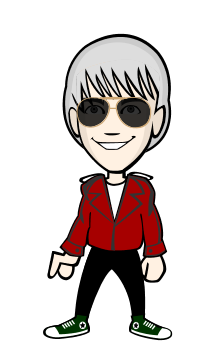
Most people have two kidneys. The kidneys are found on either side of the spine just below the ribs. The kidneys clean your blood by working as a filter to remove water and wastes from the body.
The wastes are what is left over in the blood from food used by the body and the body’s many functions. Some of the wastes are passed out in urine, which flows down the drainage tubes (called ureters) into the bladder.
You may also hear the word “renal”; this is the medical word about kidneys.
When kidneys don’t work!
Kidneys can stop working properly for a number of reasons. People who have diabetes or high blood pressure are at greater risk. When the kidneys do not work properly it is called kidney disease. Kidney disease can happen very slowly without anyone noticing (called ‘chronic kidney disease’ or CKD). Kidney disease usually affects both kidneys and can also cause damage to other parts of the body, especially your heart.
Kidney disease damages the kidney filters so that they can’t remove wastes and water. When enough of the filters are damaged, the body will fill up with excess wastes and water that would normally be removed by the healthy kidneys.
Even though a person with kidney disease might still be passing a lot of urine, there are not enough wastes in it to keep them healthy and instead the wastes build up in the body.
What you can do to stop or slow kidney damage?
Chronic kidney disease is not usually curable. The good news is that if you find out early that you have a kidney problem there are a number of ways to help slow down the disease. Lifestyle changes such as losing weight, exercising, eating less salt, stopping smoking and drinking less alcohol can help. See the pamphlets ‘Treatment Options for Chronic Kidney Failure’ and ‘Having a Kidney Transplant’ for more information on what treatment are available for chronic kidney disease.



